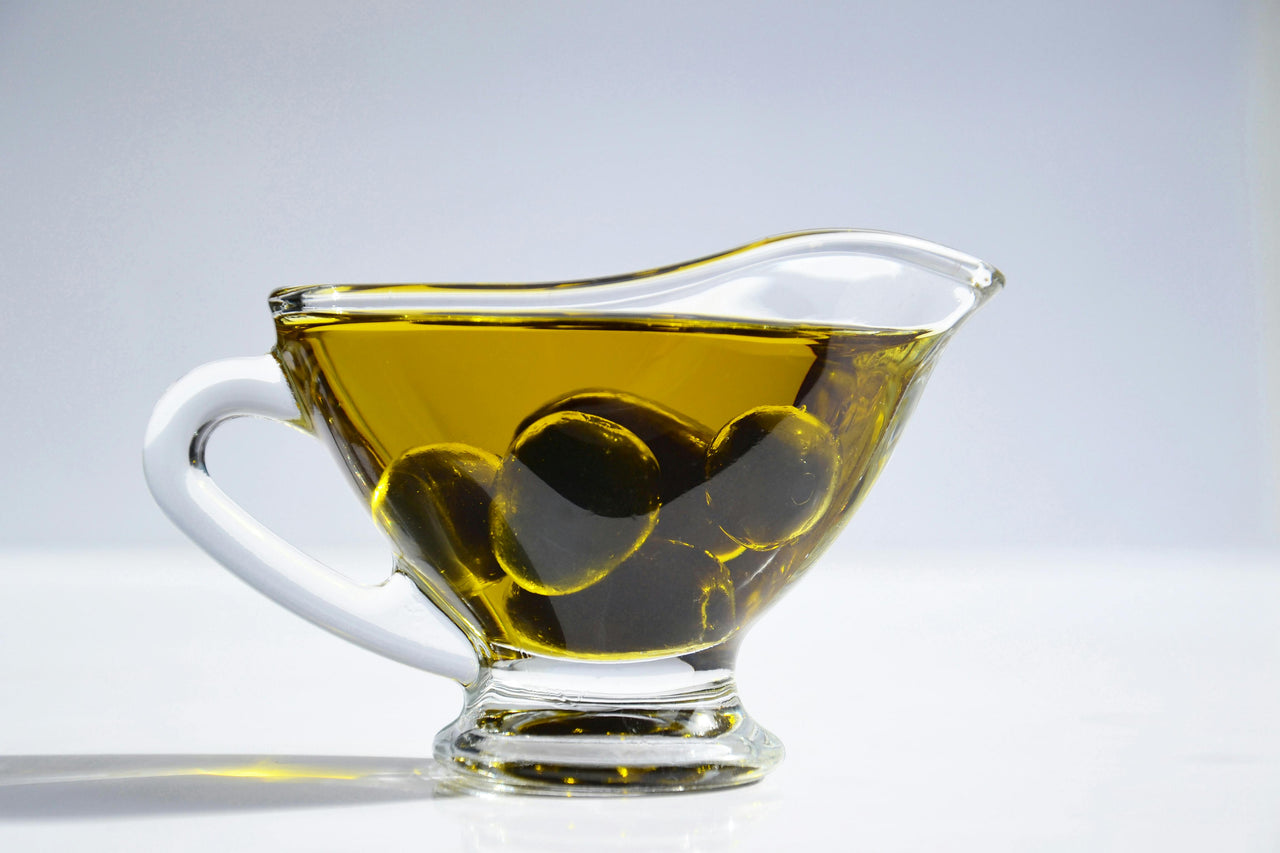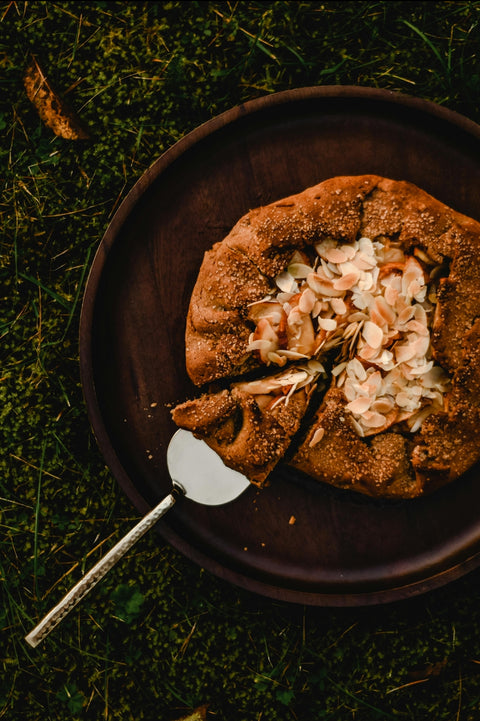Olive oil has long been a cornerstone of Mediterranean cuisine, celebrated for its rich flavor, versatility, and health benefits. While countries like Italy and Spain often dominate the conversation, French olive oils are equally remarkable, offering unique qualities that elevate both your cooking and your health.
From the sun-soaked groves of Provence to the Mediterranean coasts, French olive oils reflect a deep commitment to tradition, quality, and sustainability. Here’s why French olive oils deserve a special place in your kitchen.
1. A Distinctive Taste Profile
French olive oils are prized for their refined and balanced flavors, often described as fruity, nutty, and herbaceous. The taste can vary depending on the region and type of olives used:
• Provençal Olive Oils: Known for their mild yet complex flavors, with hints of almond, apple, and fresh herbs.
• Occitanie Olive Oils: Richer and more robust, with peppery notes and a slightly bitter finish.
These nuanced flavors make French olive oils ideal for enhancing salads, drizzling over grilled vegetables, or finishing a dish for a burst of aroma and depth.

2. Health Benefits of French Olive Oils
Olive oil is a natural powerhouse of nutrients, and French olive oils are no exception. Here’s why they are a must-have for a healthy diet:
• Rich in Healthy Fats: French olive oils are high in monounsaturated fats, which support heart health and reduce bad cholesterol.
• Packed with Antioxidants: The natural polyphenols in olive oil protect your cells from damage and have anti-inflammatory properties.
• A Source of Vitamin E: This essential vitamin promotes healthy skin and boosts the immune system.
• Low Acidity Levels: French olive oils, especially those labeled extra virgin, typically have low acidity, ensuring maximum nutritional value.
3. Versatility in Cooking
French olive oil is as versatile as it is delicious. Here’s how it can elevate your culinary creations:
• Dressing and Dips: Use it as a base for vinaigrettes or drizzle it over fresh baguettes for a simple yet elegant appetizer.
• Cooking: Contrary to popular belief, high-quality olive oil is excellent for sautéing and light frying due to its stable smoke point.
• Baking: Substitute butter with olive oil in savory breads or cakes for a moist texture and subtle flavor.
• Marinating: Combine it with herbs and garlic to marinate meat, fish, or vegetables, infusing them with a rich, aromatic flavor.
4. Sustainability and Craftsmanship
French olive oil producers often prioritize sustainable and artisanal methods:
• Traditional Harvesting: Many producers still handpick their olives to ensure quality and prevent bruising.
• Cold Pressing: This method preserves the oil’s nutrients and authentic flavor.
• Small-Scale Production: French olive oil is often produced in smaller quantities, focusing on quality over mass production.

5. A Heritage of Excellence
France’s olive oil tradition dates back centuries, with some regions holding protected designations like AOP (Appellation d’Origine Protégée), guaranteeing the origin and quality of the product. Producers in Provence, for instance, adhere to strict standards to deliver oils that are pure, flavorful, and authentically French.
6. How to Choose and Store French Olive Oils
• Look for Labels: Opt for “extra virgin” varieties for the best quality and flavor.
• Check the Origin: Oils labeled with AOP or “huile d’olive de Provence” ensure authenticity.
• Store Properly: Keep olive oil in a cool, dark place to preserve its taste and nutritional properties.
French olive oils are more than just a cooking ingredient—they’re a celebration of French terroir and craftsmanship. From their exceptional flavors to their numerous health benefits, they bring a touch of elegance and vitality to your kitchen. Whether you’re preparing a simple salad or an elaborate feast, a splash of French olive oil is all you need to transform your dish into something extraordinary.
Explore the world of French olive oils and discover how this golden treasure can enrich your cooking and well-being.



